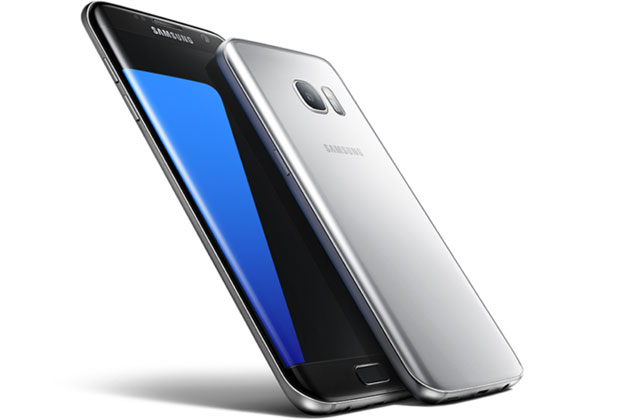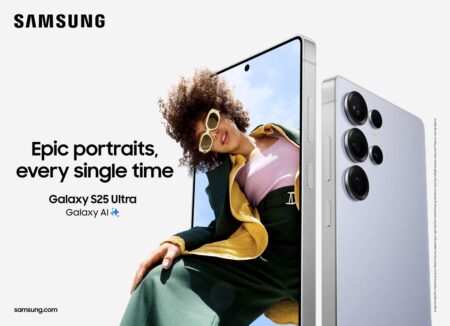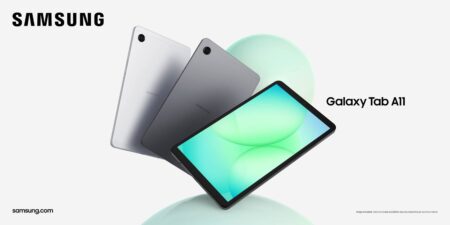
Korean electronics giant Samsung has the top-selling smartphone and tablet brand in South Africa, according to international researchers.
Samsung dominated South African smartphone sales in the last three months of 2015 with a 53% unit share, according to data from International Data Corp (IDC).
The growth came despite a weakening rand that did not deter consumers from buying smartphones. Sales of smartphones in South Africa grew by 11% in volume and 22% in value year on year, said the IDC.
“The biggest growth comes from the midrange smartphone class with more than 100% growth for both volume and value,” said Teboho Leshage, senior research analyst at IDC South Africa.
“The total market growth in the fourth quarter of 2015 was along the expectations and the seasonality as the fourth quarter is a festive season in South Africa and people opt to buy their kids and family smartphones as gifts,” Leshage said.
Meanwhile, Apple made a showing in second place because of the brand’s high average sales price of US$852 (R13 203), resulting in volume growth of 50%.
“This growth can be attributed to the growth in the iPhone 6 Plus, which more than doubled its units from the third quarter of 2015. IDC has forecast steady growth rates for smartphones for the 2016 to 2020 forecast period and, to be expected, volume growth rates are forecast to grow faster than the value growth rates,” said Leshage.
South Africans are still buying feature phones, which made up 47% unit share, but only 4% value share because of low sell prices, said IDC.
In the local tablet market, Apple and Lenovo came in second and third to Samsung, but sales are focused on lower-priced devices.
“Samsung, with the widest portfolio, continues to dominate the tablet market. However, entry-level tablets still accounted for majority of their sales,” said Fouad Rafiq Charakla, IDC Middle East and Africa senior research manager.
“Bigger vendors like Samsung, Apple, Lenovo and Huawei are facing stiff competition from a number of white-box players who still command close to 50% of the tablet market share in South Africa,” he added.




